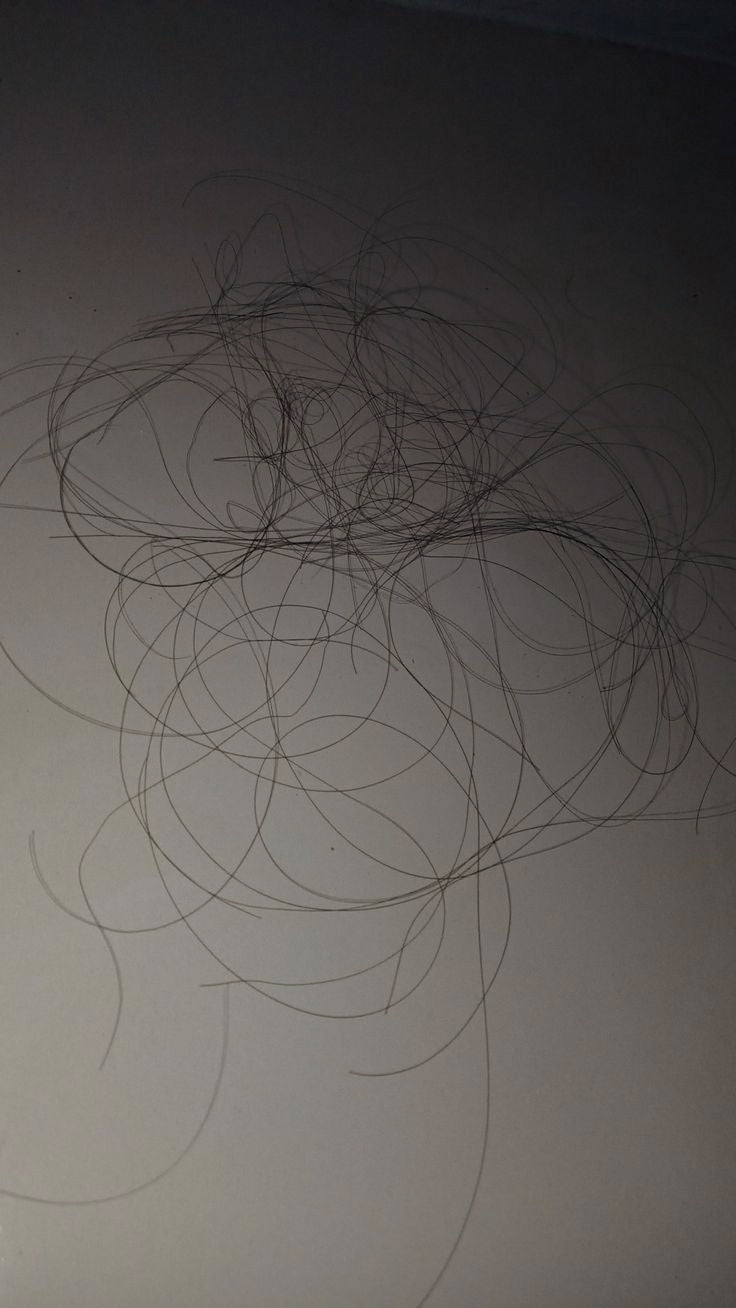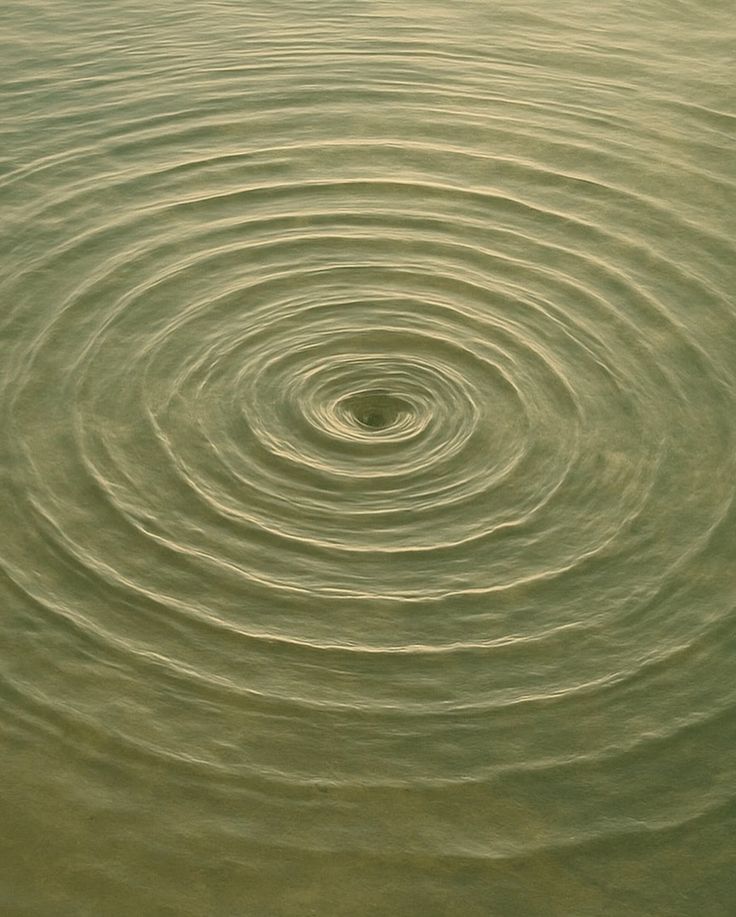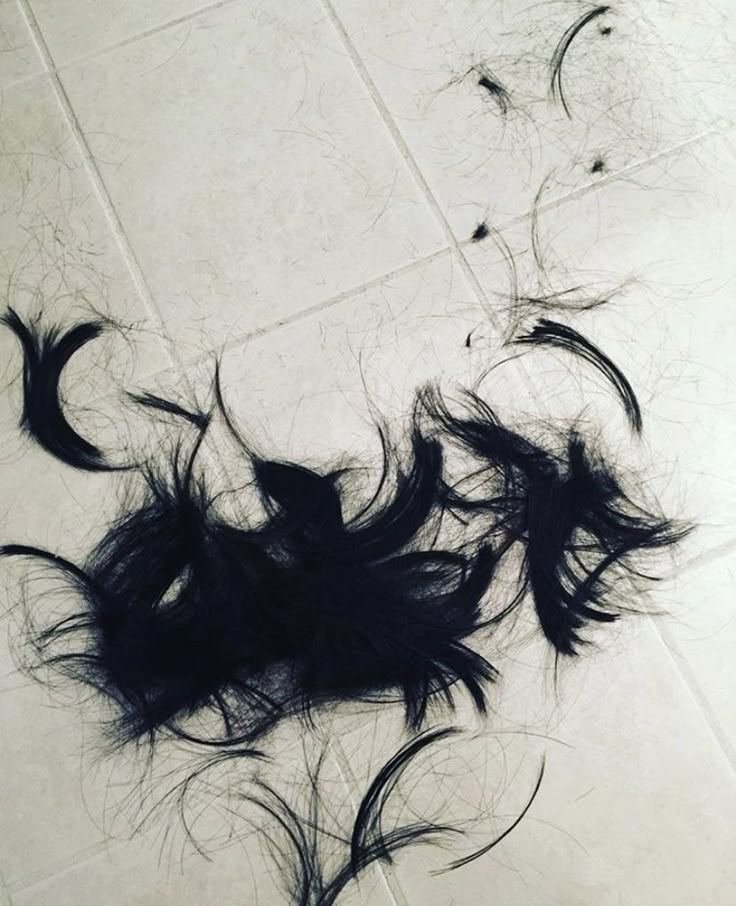Postpartum hair loss...If you have kids you know this phrase and you know what it means. Hair loss, and what feels like. It feels like it is never-ending and that you are losing all your hair every time you go into the shower.
So why does this happen, I am sure you have read every blog and article about this so I will keep it short and get you to possible solutions or at least a guide of things that can help.
1. HORMONES and THE ANAGEN PHASE:
In the simplest terms: Estrogen and Progesterone and increased blood flow are high and so
“When you are pregnant, you are in a privileged hormonal state," says Dr. Yates, MD, FACS, a Chicago-based board-certified hair loss surgeon. "In your third trimester, your estrogen levels are six times higher than normal. Both estrogen and progesterone (which also increases during pregnancy) support hair growth and decrease shedding by keeping the hair in a constant anagen (growth) phase. This explains why your hair looks the most radiant at the time of delivery.”
After birth and in the postpartum phase hormone levels drop and the body lets go of the hair, resulting in shedding.
“Hair loss that occurs in the postpartum period is known as telogen effluvium,” notes Dr. Mariwalla.This phase is the resting phase” where the hair does not grow but the follicles rest as they get ready to grow hair again. She follows up by stating this phase is not caused by the shift in pregnancy but the actual stress on the body.
The anagen phase is now abruptly over and the waiting period begins after the fallout.
2. NUTRITIONAL DEFICIENCIES:
I heard this so much: just get some rest and eat better, and literally I would have burst out laughing if I didn’t want to cry all the time. The full circle issue of it all is that nutritional deficiencies cause stress on your hormones which then creates an imbalance and the imbalance can trigger hair loss. It feels like an unrelenting cycle and as I have come to understand is that it all connected.
3. STRESS and MEDICATION
This dreaded word too! Stressful events on the body like giving birth and medications or procedures that include anesthesia or/and an epidural can trigger more hairs into the “fall out” stage. A healthy scalp loses between 50 and 100 hairs per day and one study showed that a normal head of hair is usually 85 percent actively growing, and 15 percent in the resting phase thus after a stressful event the resting phase percentage can increase to 70 percent.
I’ve had a few surgeries and have seen this occurrence in SO many clients in my life and career and every time after usually around the 3 month mark my hair goes into an increased shedding phase and not to mention dry and brittle.
Everything comes out in my hair skin and nails and any heavy dose of medication or anesthsia my hair feel like the nutrients have been sucked right out of it and my skin and my scalp become dry and irritated. This goes for more than most.
HERE IS THE POINT OF NO RETURN AND WHY TAKING CARE OF YOUR SCALP AND SKIN AND FOLLICLES IS SO IMPORTANT BEFORE IT IS TOO LATE…
For many women their hair will return back to it pre-baby state, like mine did after my first child but what I experienced after my second I was not prepared for and I have seen this in so many of my clients.
It was not the same at all and it got quite bad and at one point I remember being so distraught because it didn’t make sense why!
So when there is such a stressor as child-birth and what the body goes through--
For those with a family history of hair loss the hair will remain on the thinner and finer side because as I learned, postpartum and stressors such as surgery, illness, and abrupt and prolonged deficiencies can basically “jumpstart” other forms of hair loss and thinning and follicle miniaturization (see another blog to get down on this info)
Over my career the most common pattern I've seen in clients is that I’ve seen is that the top mohawk of their hair will not grow past their bang and stays at that length, mimicking that of male pattern hair loss.
Many tend to get extensions in that area
Now it all makes sense!
So what are your options and what can you do.
I know for myself I’ll never have the hair I had in my 20s and not even post my 1st child but I do wish I had known all this so I would have taken better care of myself my body and my follicles and scalp.
I tell women we wash our face and layer the best serums on not expecting that we will never wrinkle but that we curb premature aging of the skin. It is the same for the scalp.
SCALP Care and SCALP Oiling are so important because it aid in curbing the premature aging of the scalp that can then trigger follicle miniaturization and female and male pattern hair loss.
- GET A GOOD SYSTEM OF SCALP CARE AND OILING (like Najeau)
- Use the system with consistency (just like you would treat your face)
- Massage your scalp daily
- Red Light Laser + LED devices
- Nutrition is key (find yourself a registered dietician if you can)
- Avoid products and shampoos that are full of fragrance and irritants that can cause you inflammation
- Get your basic bloodwork done to supplement what you NEED
- And Patience
MASSAGE OIL BREATHE



